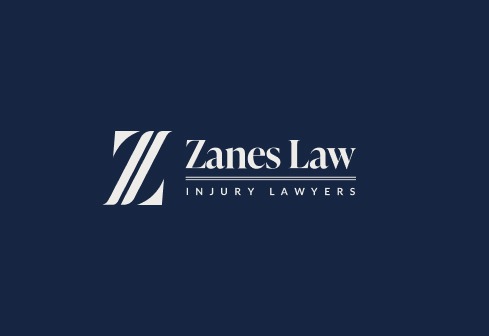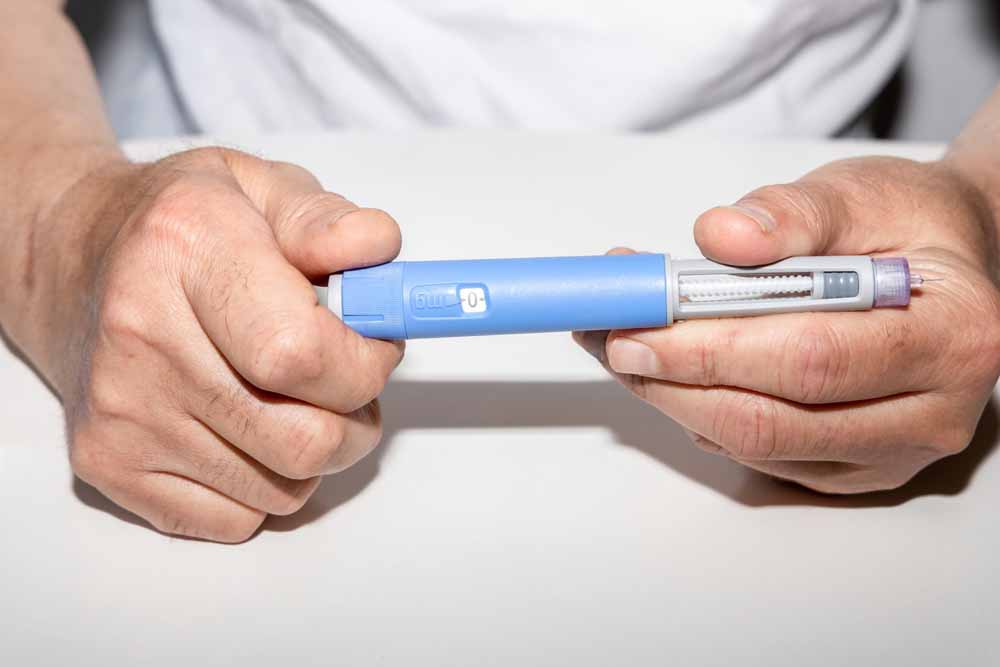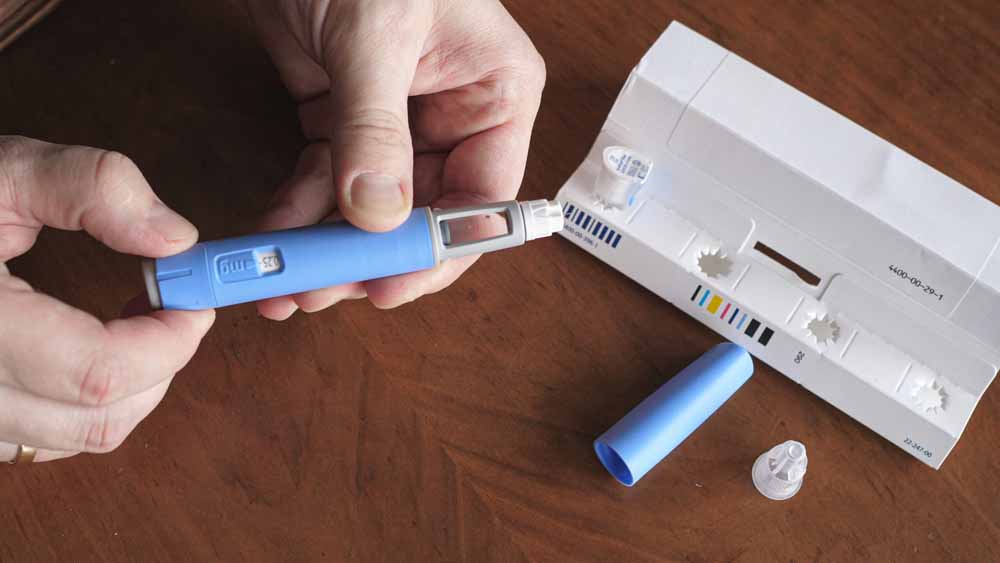Rental Car Accident: What You Need to Know About Insurance
Summertime is here, and for many of us that means road trip! If you’re using a rental car, for peace of mind, you’ll want reassurance that you’re going to be fully covered by insurance in the event of a rental car accident. But with the flurry of insurance options offered to you at the time of the rental, it can be difficult to figure out what you actually need. Keep reading for clarification on what you should have in place so that you are covered in the case of a rental car accident.
Personal Auto Insurance May Cover a Rental Car Accident
If you have personal auto insurance, you may not need to take out additional protection when renting a car. Typically, your normal personal auto insurance will cover you for a rental car accident when you are using the vehicle for non-professional purposes. Comprehensive collision coverage usually pays for any damage caused to your vehicle. Property damage liability insurance covers the costs of damage to another vehicle. (If you’re a car owner in Arizona, you should be carrying at least $10,000in liability insurance). Car owners that have MedPay have their injuries covered in the event of an accident, but otherwise, most auto insurance policies don’t cover bodily injuries. To learn more, visit https://zaneslaw.com/phoenix-injury/
One cautionary note, though, as explained by the US News & World Report, your normal coverage may not apply to international rentals. And an insurer may balk at covering a car that is significantly more valuable than the car you normally drive. If you’re a Honda Prius gal but you rent a BMW Convertible for the road trip, now, you may want to get some additional coverage.
Therefore, to be on the safe side, check your personal policy to understand the extent over your coverage after a rental car accident.
Credit Cards May Offer Limited Insurance Coverage
Your personal credit card may also cover car rental accidents. Most credit cards offer collision coverage if you rent the car with that particular card and the car is in your name. However, few cards provide liability insurance—if you’re liable for damage to someone else’s vehicle, you risk paying out of pocket without supplemental insurance. Note that credit card coverage is also usually secondary coverage, so your personal auto insurance will be responsible for payment first.
When to Take to Out Supplement Insurance
If you’re certain your personal auto insurance or credit card gives you collision coverage for the length of your rental period, you may forgo paying for the loss-damage waiver (LDW) or collision damage waiver (CDW), which means that, if you’re in an accident, the insurance company won’t force you to pay for damage to the car.
If you don’t have liability insurance, then it’s a smart idea to get it—otherwise, if you damage someone else’s vehicle, you could go broke trying to repay the damage.
If you are involved in rental car accidents, contact Zanes Law at (844) 9260-3753 for a free consultation. We can give you insight on how to handle insurance companies, obtain fair compensation and feel in control.
Also, if you need help with any immigration-related issue, don’t hesitate to visit our site immigrationinformation.org.




